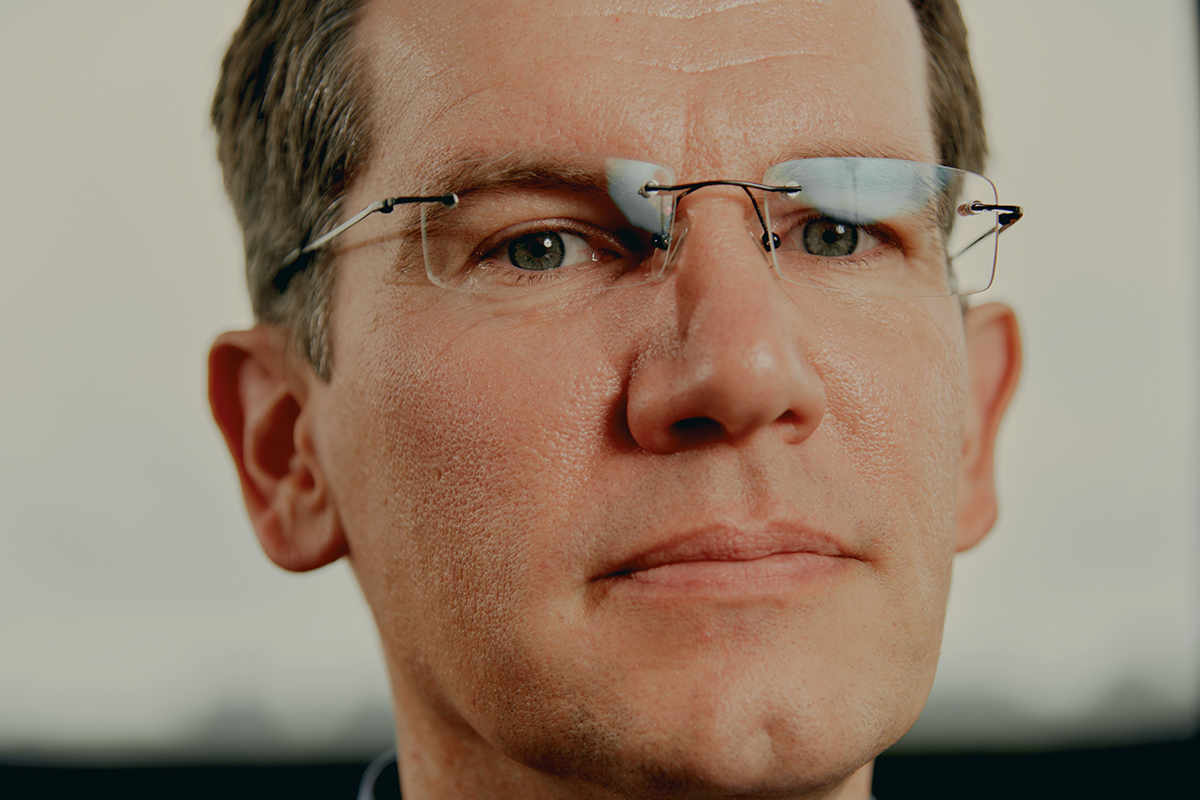Peter Hess was a reporter for Spectrum from 2019 to 2023, where he covered cannabinoids, autism prevalence, social hormones and other topics. Before joining Spectrum in 2019, he was associate science editor at Inverse, where he wrote and edited stories for a broad audience on a wide range of scientific topics, including drugs, evolution and environmental science. His work has also appeared in The Washington Post, New Scientist, Popular Science and Motherboard. Peter has an M.A. in science journalism from New York University’s Science, Health and Environmental Reporting Program. Find him on Twitter at @PeterNHess.

Peter Hess
Former news writer
Spectrum
From this contributor
Capturing autism’s sleep problems with devices nearable and wearable
Next-generation trackers could realize a long-standing research dream: conducting sleep studies in large numbers of autistic people.
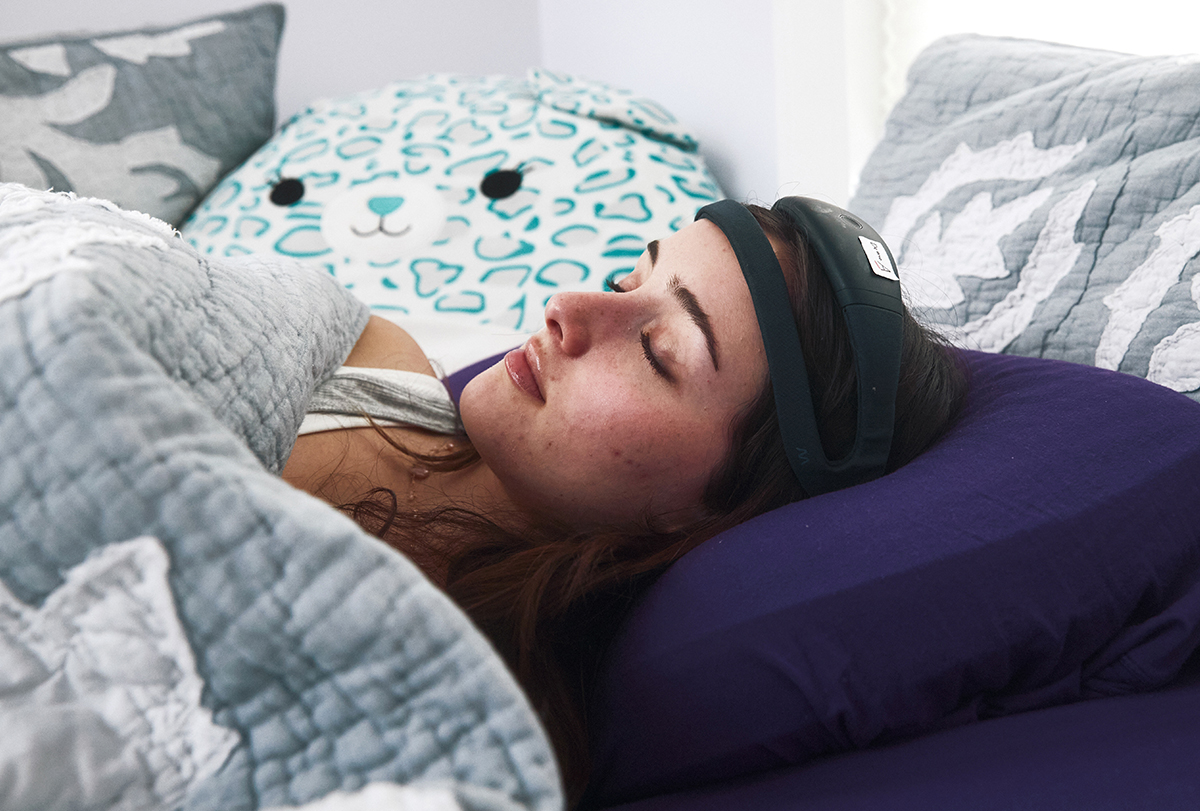
Capturing autism’s sleep problems with devices nearable and wearable
Going on Trial: Epidiolex for autism; arbaclofen tests; pain monitoring
This month’s issue of Going on Trial takes a sneak peek at some early null results from a small trial of a cannabidiol-based drug for autism, among other recent drug developments.
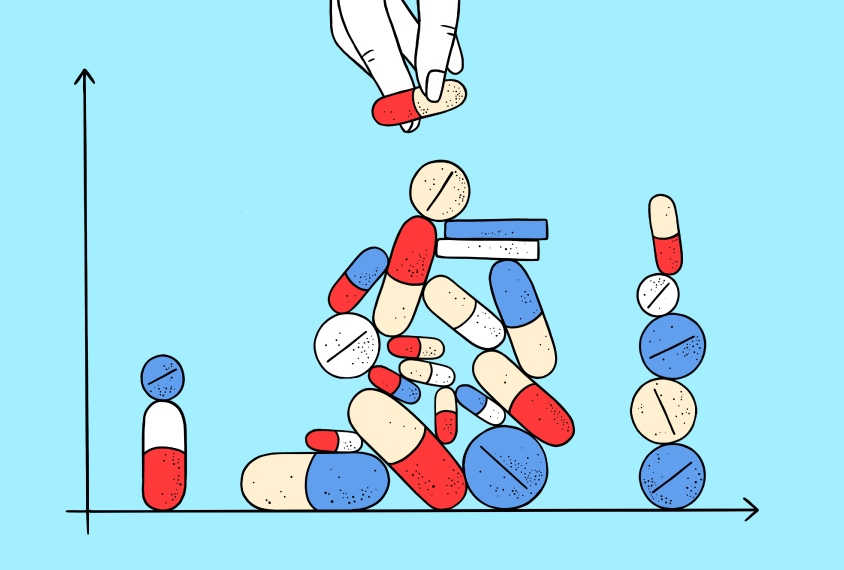
Going on Trial: Epidiolex for autism; arbaclofen tests; pain monitoring
Swings and misses with Jeremy Veenstra-VanderWeele
A careful clinician who prizes evidence, Jeremy Veenstra-VanderWeele is happy to embrace trial failures, as long as he learns from them.
Ruth Carper: Imaging the aging brain in autistic adults
Few studies have tracked how brain structure and function change across adulthood in people with autism. Carper and her colleagues are collecting data to fill this gap.
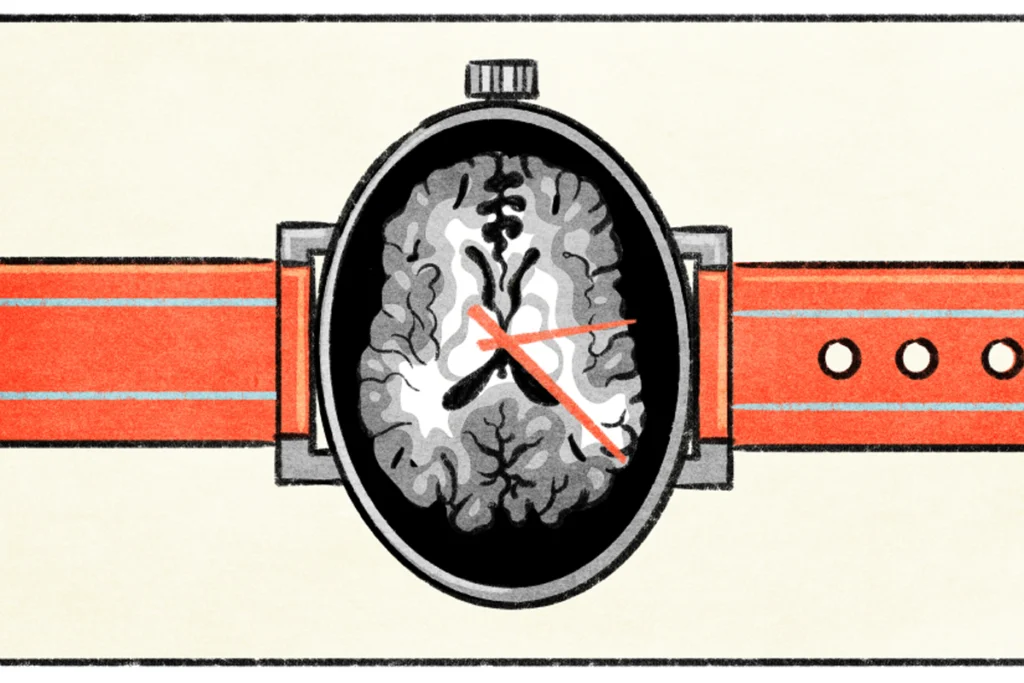
Ruth Carper: Imaging the aging brain in autistic adults
Autism-related genes converge on microglia and dopamine in zebrafish
The findings add to the growing evidence that genes with disparate functions can play similar roles in brain development.
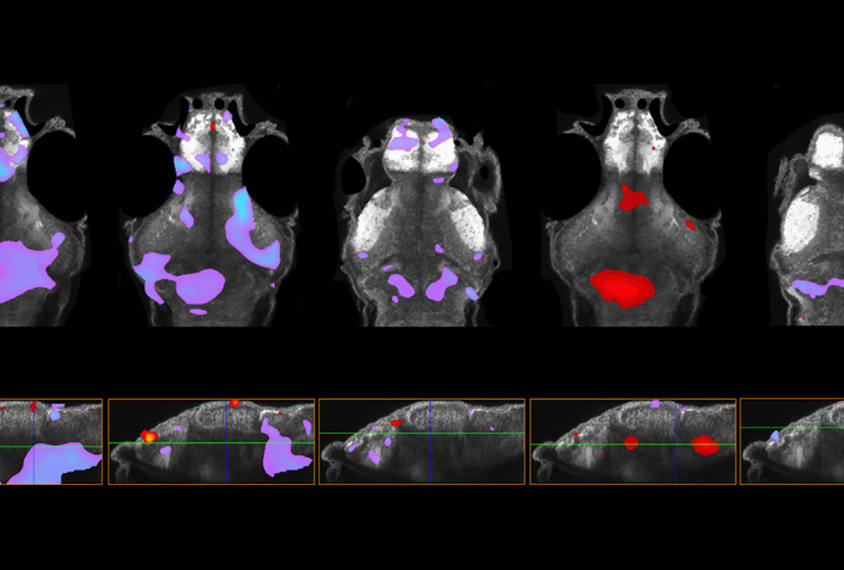
Autism-related genes converge on microglia and dopamine in zebrafish
Explore more from The Transmitter
Michael Shadlen explains how theory of mind ushers nonconscious thoughts into consciousness
All of our thoughts, mostly nonconscious, are interrogations of the world, Shadlen says. The opportunity to report our answers to ourselves or others brings a thought into conscious awareness.
Michael Shadlen explains how theory of mind ushers nonconscious thoughts into consciousness
All of our thoughts, mostly nonconscious, are interrogations of the world, Shadlen says. The opportunity to report our answers to ourselves or others brings a thought into conscious awareness.
‘Peer review is our strength’: Q&A with Walter Koroshetz, former NINDS director
In his first week off the job, the former National Institute of Neurological Disorders and Stroke director urges U.S. scientists to remain optimistic about the future of neuroscience research, even if the executive branch “may not value what we do.”
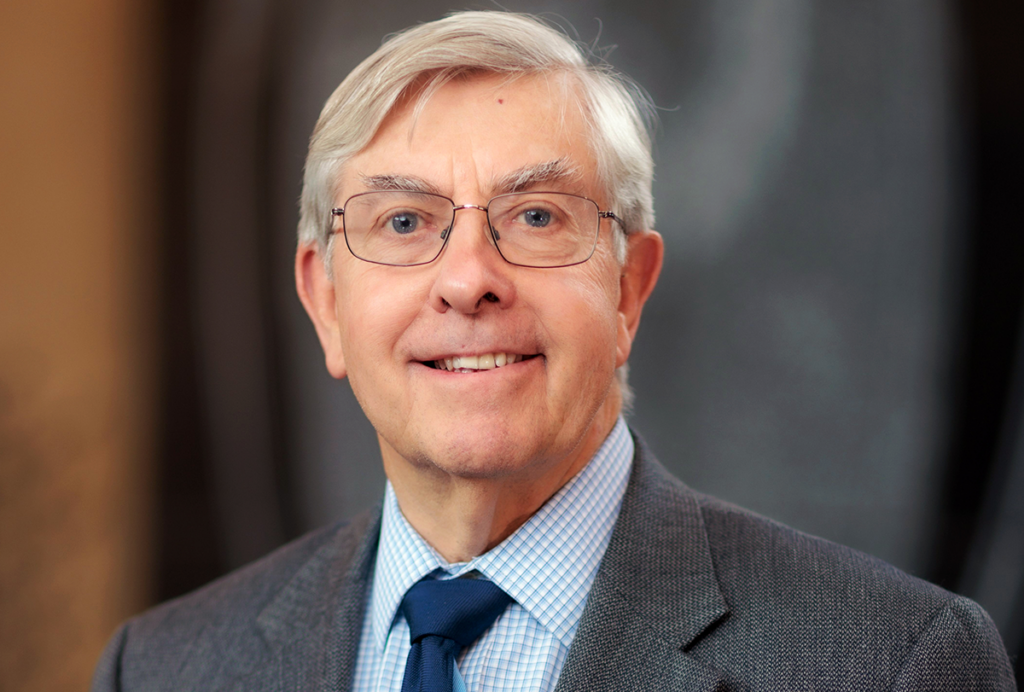
‘Peer review is our strength’: Q&A with Walter Koroshetz, former NINDS director
In his first week off the job, the former National Institute of Neurological Disorders and Stroke director urges U.S. scientists to remain optimistic about the future of neuroscience research, even if the executive branch “may not value what we do.”
Viral remnant in chimpanzees silences brain gene humans still use
The retroviral insert appears to inadvertently switch off a gene involved in brain development.
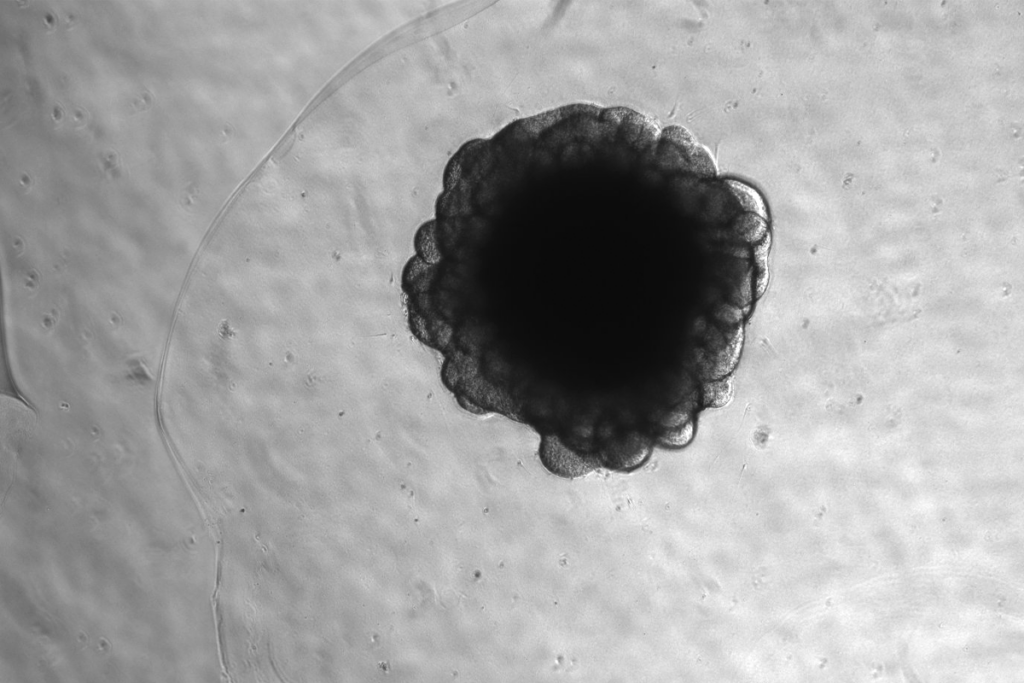
Viral remnant in chimpanzees silences brain gene humans still use
The retroviral insert appears to inadvertently switch off a gene involved in brain development.
